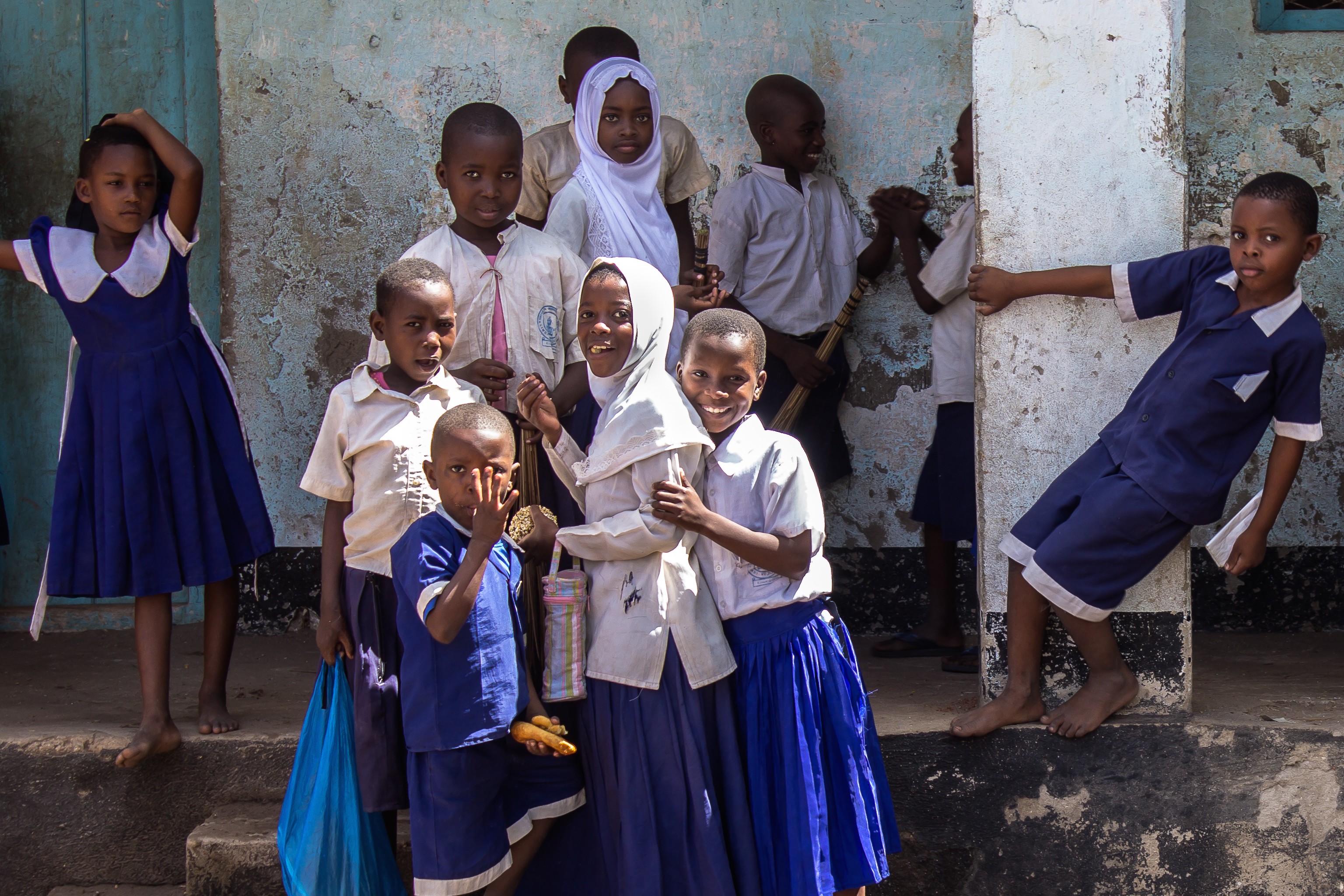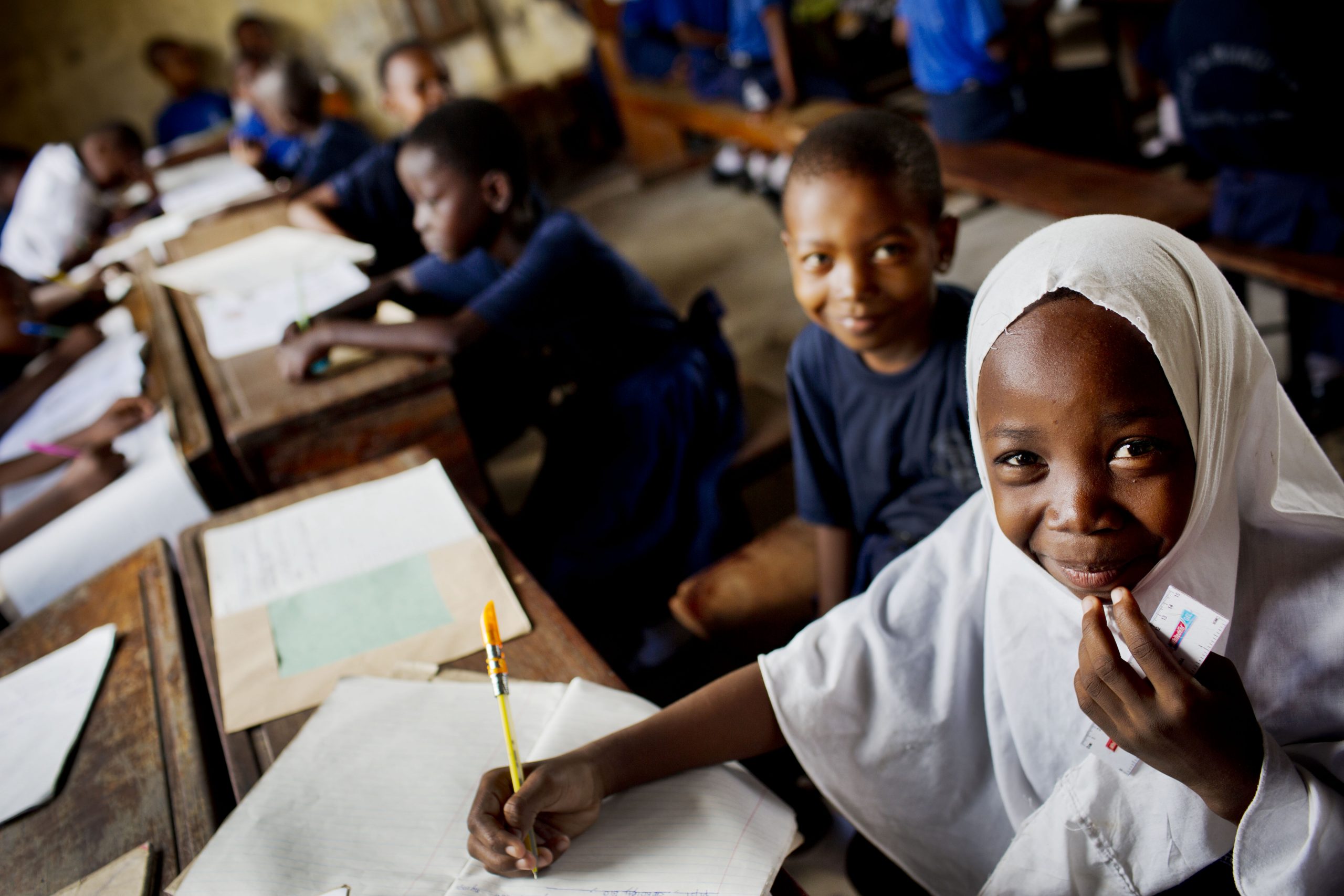UNICEF’s Data Must Speak Positive Deviance* Research is expanding into Tanzania. The research, which is now active in 14 countries, aims to improve education around the world by identifying best practices from schools that are doing well.
The Data Must Speak (DMS) Research identifies these ‘positive-deviant’ schools and explores why they perform better than others despite operating under similar conditions. Using a mixed-methods approach, positive deviant schools will be analysed to identify exceptional behaviours and practices. By working hand-in-hand with Tanzanian Ministries of Education (MoEVT and MoEST1) and local partners, promising grass-root education innovations can then be scaled to improve learning for every child.
“Schools2030 and Data Must Speak share a core belief that teachers are the most important change-agents in education systems. This research partnership will allow us to identify and amplify examples of “what works” by teachers for teachers, to improving learning outcomes and equity.”
Dr Bronwen Magrath, Schools2030 Global Programme Manager
Some Tanzanian schools involved in the DMS research will also be taking part in the Schools2030 project – a global initiative led by the Aga Khan Foundation which seeks to catalyse school-driven holistic learning innovations to improve quality teaching and learning across ten countries and 1000 schools. By identifying positive school-level trends and the factors that contribute to some schools outperforming others, the DMS Research will gather evidence that in the long term, will help efforts to scale positive trends to impact education systems and learners worldwide.

The data gathered through this research, which is funded by the Jacobs Foundation as part of Schools2030’s research work stream, will then be used to produce accessible and actionable recommendations on how to scale these local solutions to ensure that children’s learning outcomes can be improved nationwide and in the entire global learning community. Specifically, results from this research will support the mission of Tanzania’s Ministries of Education to strengthen the country’s public education systems. Key insights are expected to be incorporated within Tanzania’s ongoing Education Development Plan, and findings from future stages of the research will continue to feed into government education sector planning.
“Partnerships are essential in our goal to inform systems-change and drive action towards greater educational achievement. This new partnership is hugely welcomed, and we look forward to exploring the insights that high-performing Tanzanian schools can offer our global research.”
Renaud Comba, Data Must Speak Research Manager at the UNICEF Office of Research – Innocenti.
Preliminary findings on contextual factors that contribute to school performance will be published by mid-2023 on the DMS research webpage.
The research will form part of broader discussions about how best to promote cooperation and dialogue between schools, systems and societies to improve holistic learning outcomes that will be taking place at the inaugural Schools2030 Global Forum in June 2022 in Dar es Salaam.
Photo credit (top): UNICEF
